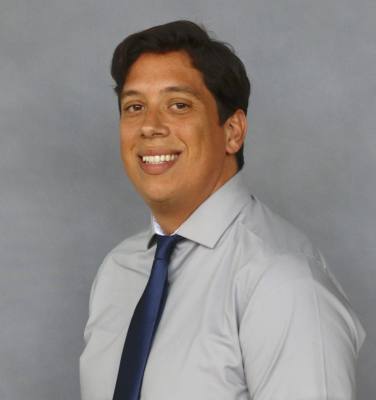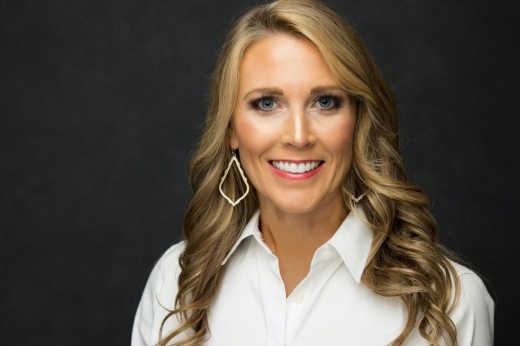Dr. Lani Norman is Grapevine-Colleyville ISD’s executive director of learning and spoke about addressing these challenges.
How significant is the challenge of addressing learning loss?
So the challenge with this is that you still have to cover all of the standards and expectations that are given to us by the state ... while closing gaps. And so I think that’s the challenge as educators, because your instructional minutes don’t necessarily change—you still have the same expectations and amount of standards that you have to cover.
How can parents be involved in this process?
Now, more than ever, it is important for parents to really know and understand where their students are at in reading and math. ... The best way to learn about that is, one, partnering with their teacher ... and asking those questions: “How can we support?” I think partnering with us outside of the school day, that’s going to be key.
What are some of the ways that GCISD is looking at to tackle this challenge?
You have to really get creative—everything from adjusting schedules, after-school tutoring, possibly getting creative within the school day where you can get some of that time back. Really, the most significant thing that we’re doing is using our assessment data and really knowing where our kids are. This identifies where we will need intervention.
What has been the message from leadership to staff?
[The message has been] knowing that it’s not over, and there’s so much work to do this year. ... We have to remind ourselves of our purpose, and that our kids need us. They need us showing up every single day for them. We are going to close [learning loss] gaps this year.
How would you recommend for parents and staff to think about learning loss?
Learning loss didn’t happen overnight—so when you’re thinking about gaining back learning loss, it takes time, too. We have to think about it this way ... our kindergarten babies, the pandemic hit in 2020, so they did not finish their kindergarten year. Then they came back and first grade, they started remotely—[and some students] possibly stayed remote their entire first grade year. Now, they’re coming back to us in August, in second grade. [Those are] three of the most critical grades for reading and math. The end of their kindergarten year is where there’s a lot of progress ... it’s crazy to see how much [students] learn those last three months—and our [2020] kindergarteners missed that.





